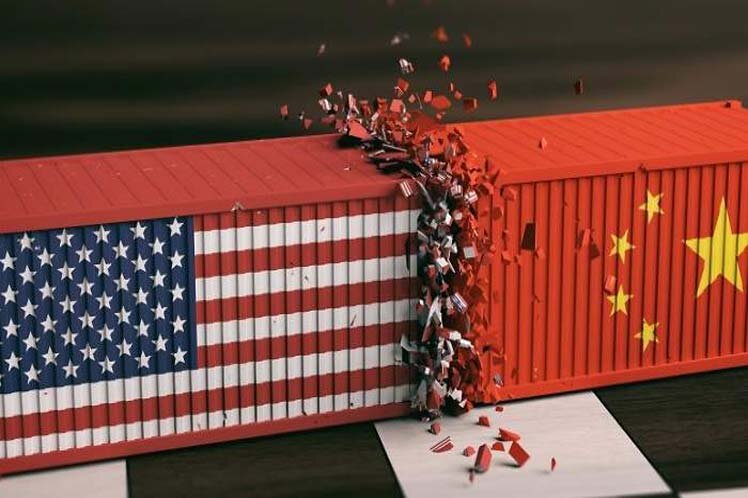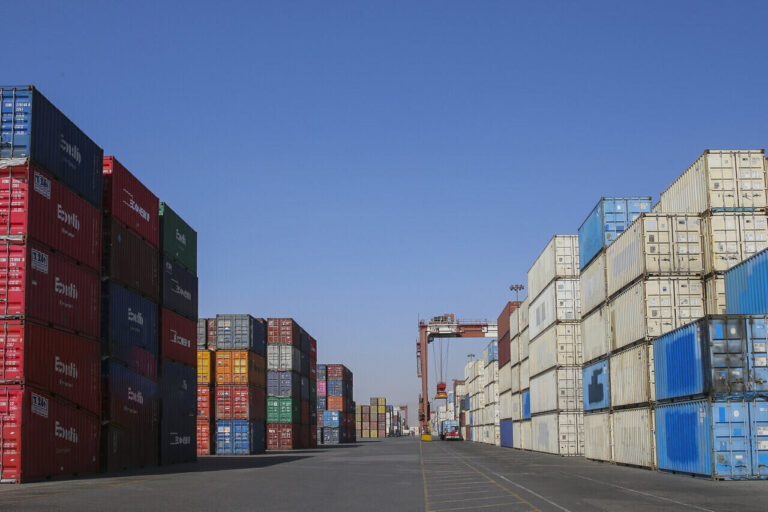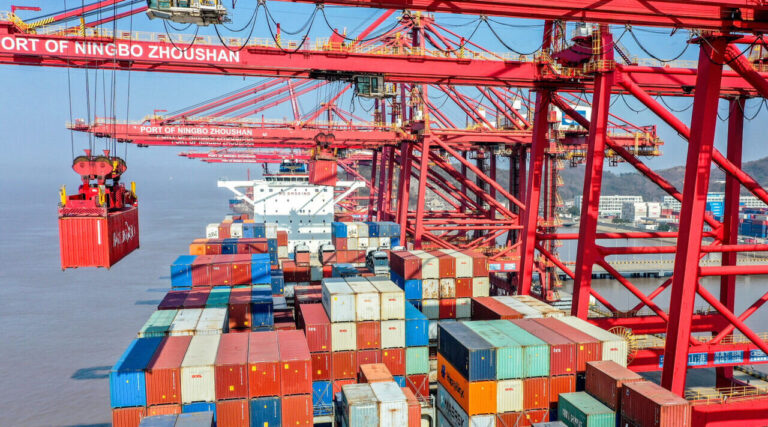China Unveils 15% Retaliatory Tariffs on US Goods: Trade Tensions Escalate!
In a significant move that is set to escalate trade tensions, China has announced new tariffs on imports from the United States, including coal and liquefied natural gas (LNG). This decision comes as a direct response to the recent tariff increases implemented by Washington, which have raised concerns about the future of economic cooperation between these two major global powers.
According to reports from China’s Ministry of Finance, the new tariffs will include:
- 15 percent tariffs on imports of coal and liquefied natural gas (LNG) from the US.
- 10 percent tariffs on imports of crude oil, agricultural machinery, large-displacement vehicles, and pickup trucks from the US.
The announcement was made on Tuesday, emphasizing that these measures are a direct retaliation against what Beijing describes as a “unilateral tariff hike” by the United States. The Ministry also articulated that Washington’s actions “seriously violate World Trade Organization rules, do nothing to resolve its own problems, and disrupt normal economic and trade cooperation between China and the United States.”
These tariffs are scheduled to take effect on February 10, following closely on the heels of US President Donald Trump’s announcement of his intentions to communicate with Chinese President Xi Jinping within the next 24 hours.
This escalation in trade measures aligns with Trump’s broader strategy, which includes recently announced tariffs affecting major trade partners such as Canada and Mexico. The President indicated that products imported from China would now incur an additional 10 percent tariff on top of existing duties.
In light of these developments, industry experts and economists are closely monitoring the situation. Here are some potential implications of the newly announced tariffs:
- Increased Costs: Companies relying on imports from China may face higher costs, which could lead to increased prices for consumers.
- Impact on Trade Balance: The tariffs may alter the trade balance between the two nations, potentially leading to a decrease in US exports to China.
- Market Volatility: Stock markets may experience volatility as investors react to ongoing trade tensions.
- Supply Chain Disruptions: Businesses may need to reassess their supply chains and sourcing strategies, potentially seeking alternatives to Chinese products.
As the trade conflict continues to unfold, the potential for further tariffs and retaliatory measures remains high. Analysts suggest that ongoing negotiations between the US and China will be crucial in determining the future of trade relations and the overall economic landscape.
In conclusion, the newly imposed tariffs by China reflect a significant escalation in the ongoing trade war between the two nations. With both countries standing firm in their positions, the global economic implications could be substantial. Stakeholders from various sectors are advised to stay informed and prepared for the potential impacts of these tariffs.
For continuous updates and analysis on this evolving situation, follow our coverage as we bring the latest developments on economic policies affecting international trade.






